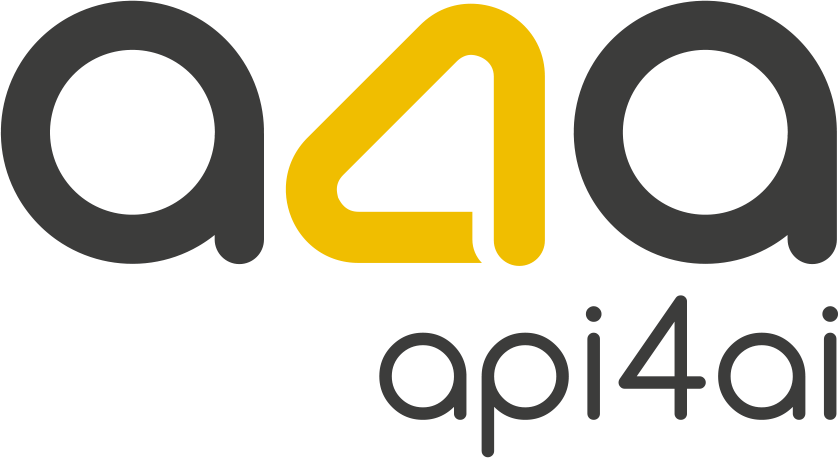
The Future of Software Developer Careers: Should Programmers Fear AI?
AI is transforming software development, but rather than replacing programmers, it is enhancing their capabilities. From AI-powered code assistants to low-code platforms, automation is streamlining workflows and freeing developers to focus on problem-solving, architecture and innovation. While some tasks are being automated, the demand for skilled engineers remains high, especially in areas like AI integration, cloud computing and cybersecurity.
The key to staying relevant is adaptability. Developers who embrace AI tools, learn new technologies and refine their strategic thinking will continue to thrive. Instead of fearing AI, the future belongs to those who leverage its potential to build smarter, more efficient and more scalable software solutions.
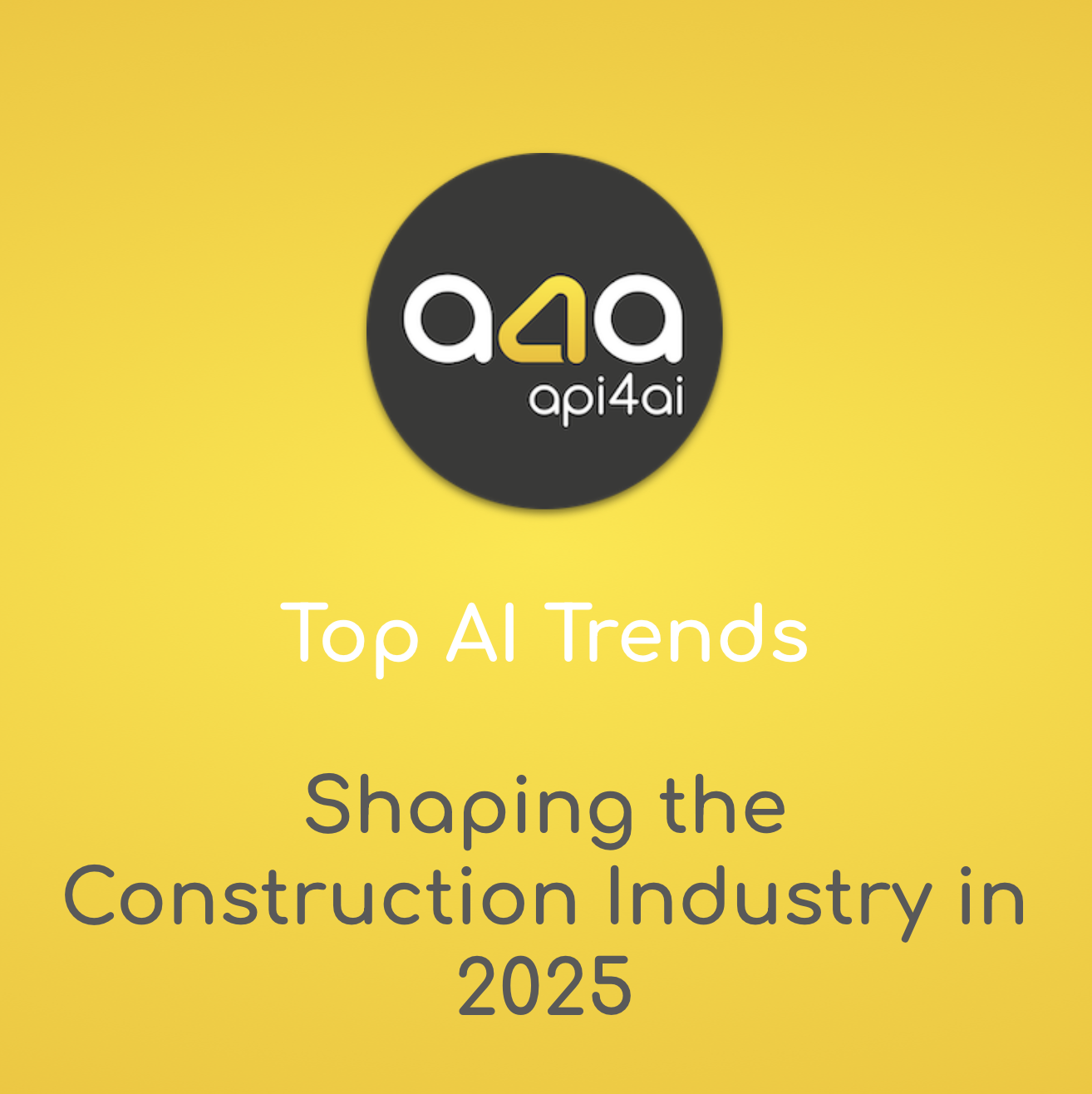
Top AI Trends Shaping the Construction Industry in 2025
Artificial intelligence is reshaping the construction industry, streamlining processes, enhancing safety, and paving the way for sustainable, high-quality projects. In 2025, AI-powered tools are set to redefine how teams manage resources, monitor safety conditions, and optimize project workflows. These technologies not only address long-standing industry challenges but also open the door to new levels of efficiency and innovation. From improving material usage and reducing waste to enabling precision quality control and designing eco-friendly structures, AI is transforming every aspect of construction. This article explores the top trends that will shape construction in 2025, providing insights into how AI can drive better results, reduce costs, and help firms stay competitive in a rapidly changing landscape.
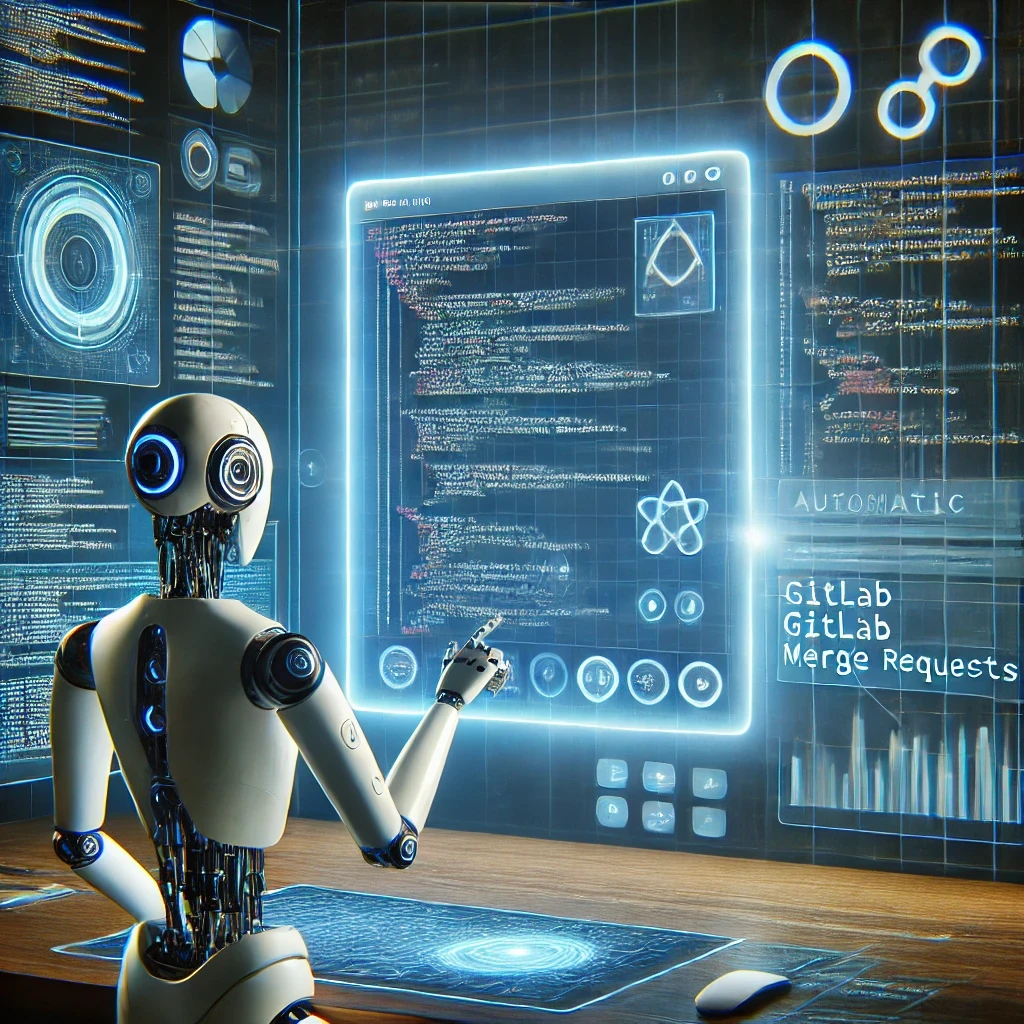
CRken: Automated Code Analysis for GitLab Merge Requests
Code reviews are essential for maintaining software quality, but traditional manual reviews can slow down development and introduce inconsistencies. CRken is an AI-powered code analysis tool designed to automate and enhance code reviews in GitLab Merge Requests. Built on large language models (LLMs), CRken provides intelligent, real-time feedback, helping teams accelerate development cycles while ensuring high code quality.
In this article, we explore how CRken works, its key benefits and real-world use cases — from large enterprises managing complex codebases to agile startups looking for faster feedback loops. We also discuss the challenges of AI-powered code review, including security considerations and the importance of human oversight, as well as future trends like AI-driven security scanning and full DevOps integration.
Whether you're aiming to reduce manual review overhead, speed up feature releases or maintain consistency across large teams, CRken offers a scalable, AI-powered solution to streamline your development workflow.
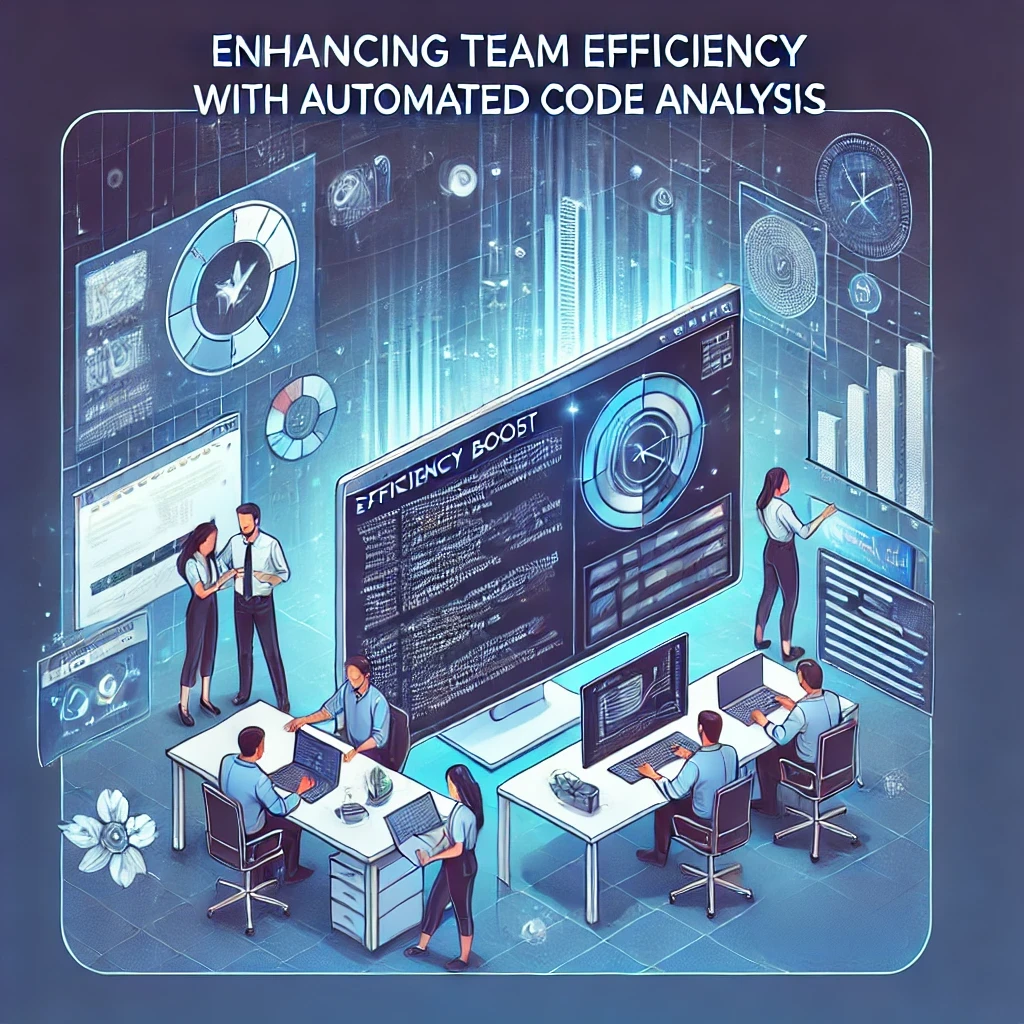
Enhancing Team Efficiency with Automated Code Analysis
Automated code analysis is revolutionizing software development by enhancing team efficiency and code quality. This blog post explores how AI-driven tools streamline workflows, accelerate feedback loops and enforce consistent standards while freeing developers to focus on high-value tasks. Discover the key features of modern solutions, like advanced language models and seamless CI/CD integration and learn how gradual adoption strategies can maximize ROI. Dive into the future of automated code analysis with insights on evolving technology, deeper toolchain integration and custom AI solutions tailored to unique needs. The era of smarter, faster development starts here.
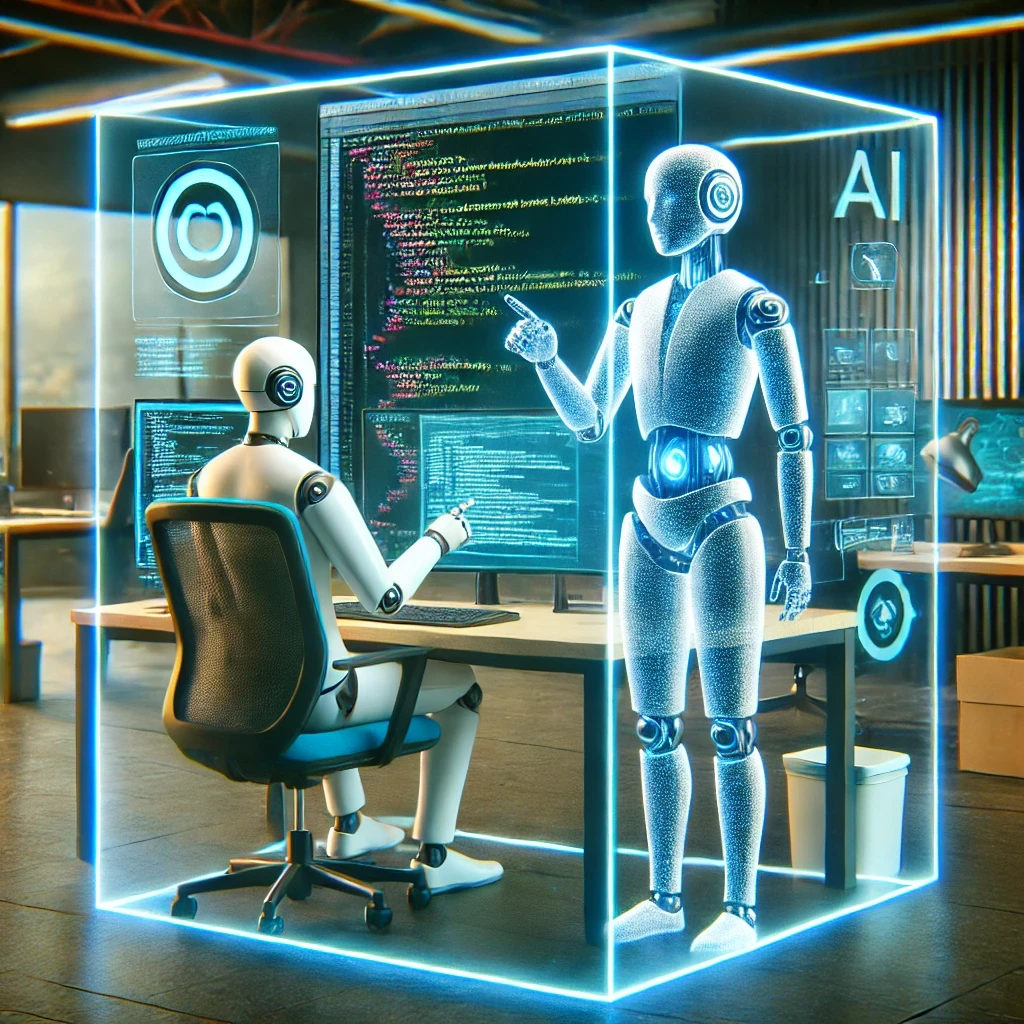
Top Benefits of Using AI for Code Reviews
In the world of software development, maintaining code quality while meeting tight deadlines can be a daunting challenge. AI-powered code reviews are transforming this process by automating repetitive tasks, enhancing code consistency and catching issues that might otherwise slip through the cracks. From accelerating development cycles to reducing technical debt, AI tools bring unprecedented efficiency and scalability to teams of all sizes. Discover how integrating AI into your workflow can revolutionize the way your team collaborates, innovates and delivers high-quality software faster than ever before.
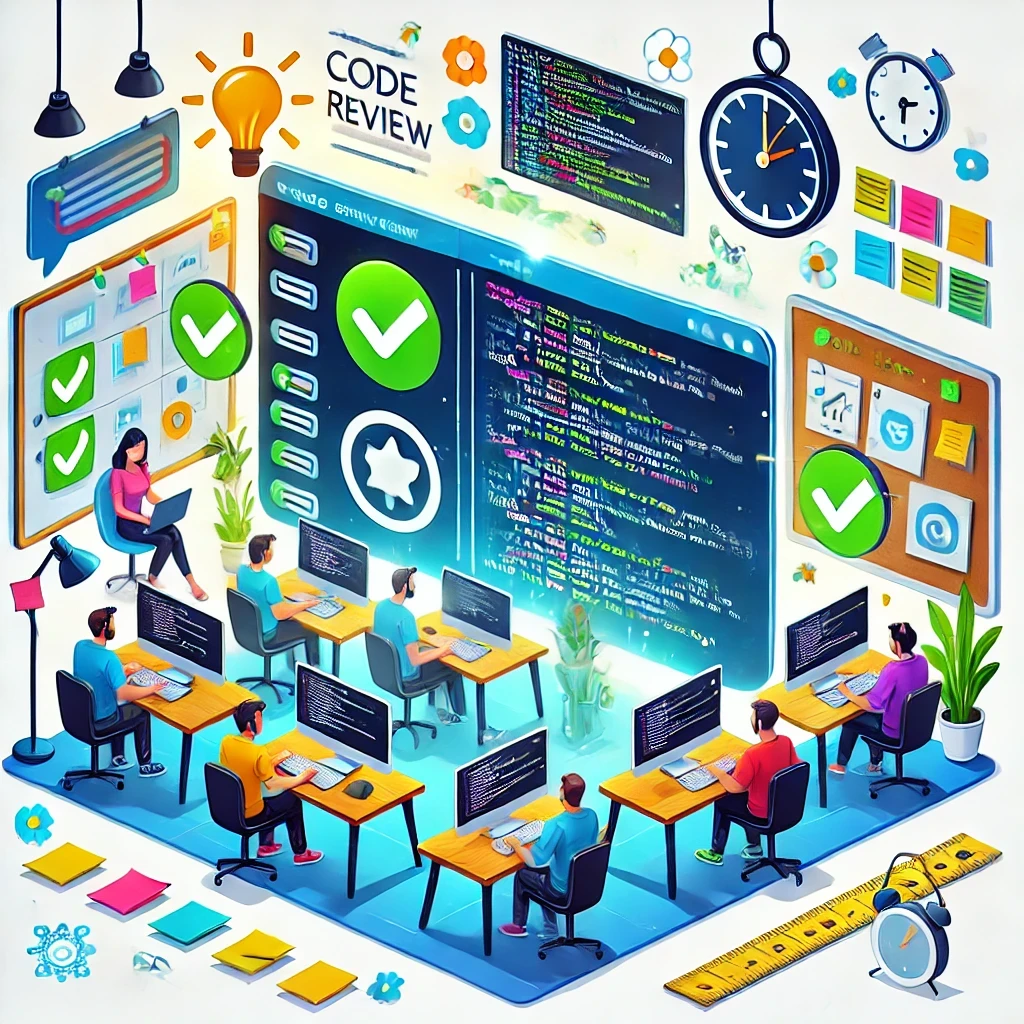
AI Code Review for Agile Teams: Speed and Quality
In fast-paced Agile development, balancing speed and code quality can be challenging. Traditional code reviews often create bottlenecks, slowing down feature releases and disrupting workflows. AI-powered code review tools offer a solution by automating reviews, providing real-time feedback and ensuring consistent coding standards across multiple languages. In this post, we explore how AI-driven tools like CRken enhance productivity, streamline collaboration and help Agile teams achieve faster releases without compromising quality. Discover how integrating AI into your workflows can unlock new levels of efficiency and set your team up for long-term success.
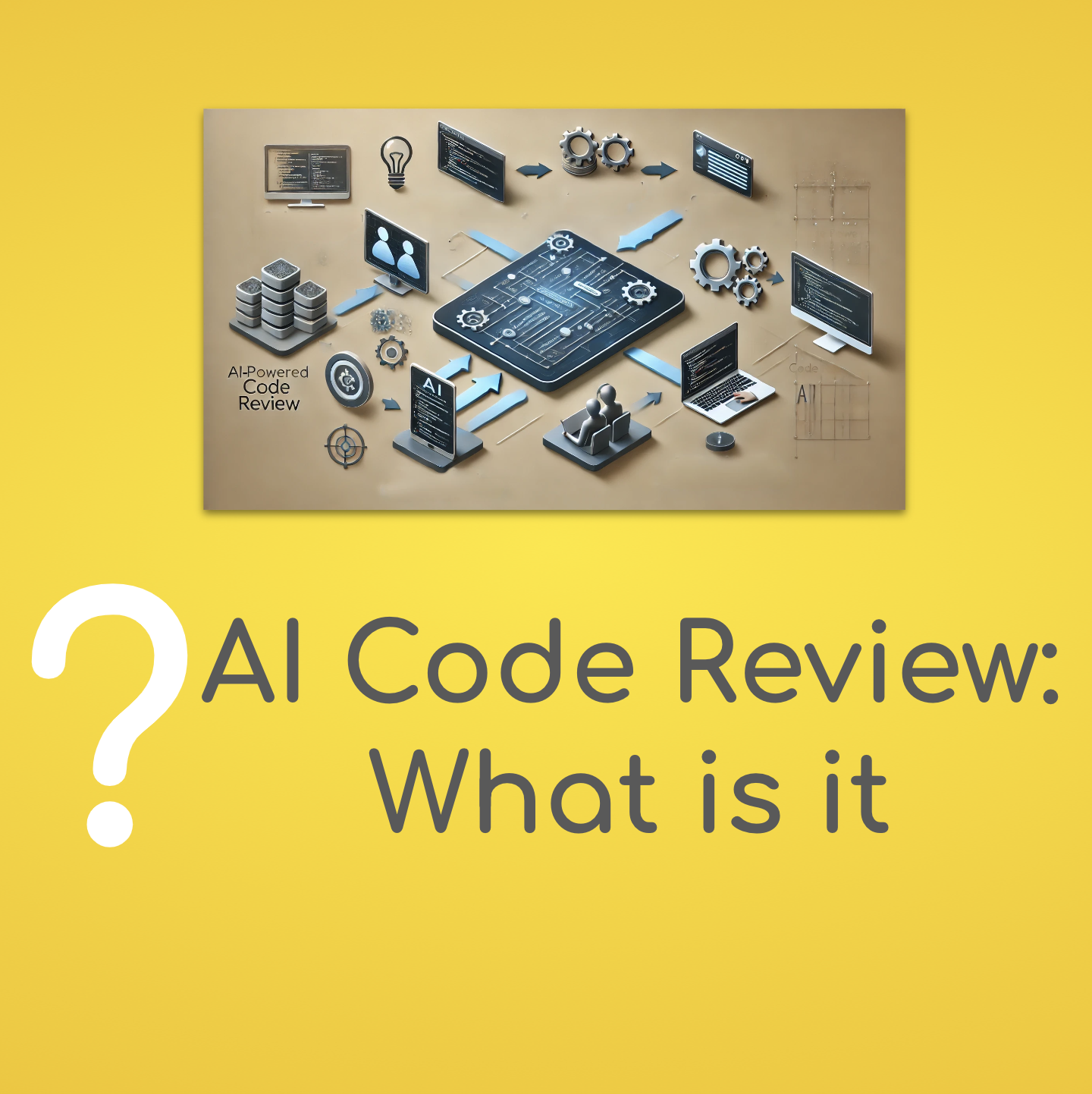
What is AI-Powered Code Review?
AI-powered code review is transforming software development by automating the review process with large language models (LLMs). Unlike traditional reviews that are time-consuming and prone to human error, AI tools offer faster, more accurate, and consistent feedback directly within development platforms like GitLab. This shift not only accelerates feature releases but also enhances code quality and team productivity. As organizations embrace AI-driven tools, they benefit from automated security checks, style enforcement, and error detection, freeing developers to focus on high-level problem-solving. Explore how AI-powered code reviews are reshaping modern software practicesand discover the potential future of fully autonomous coding workflows.
